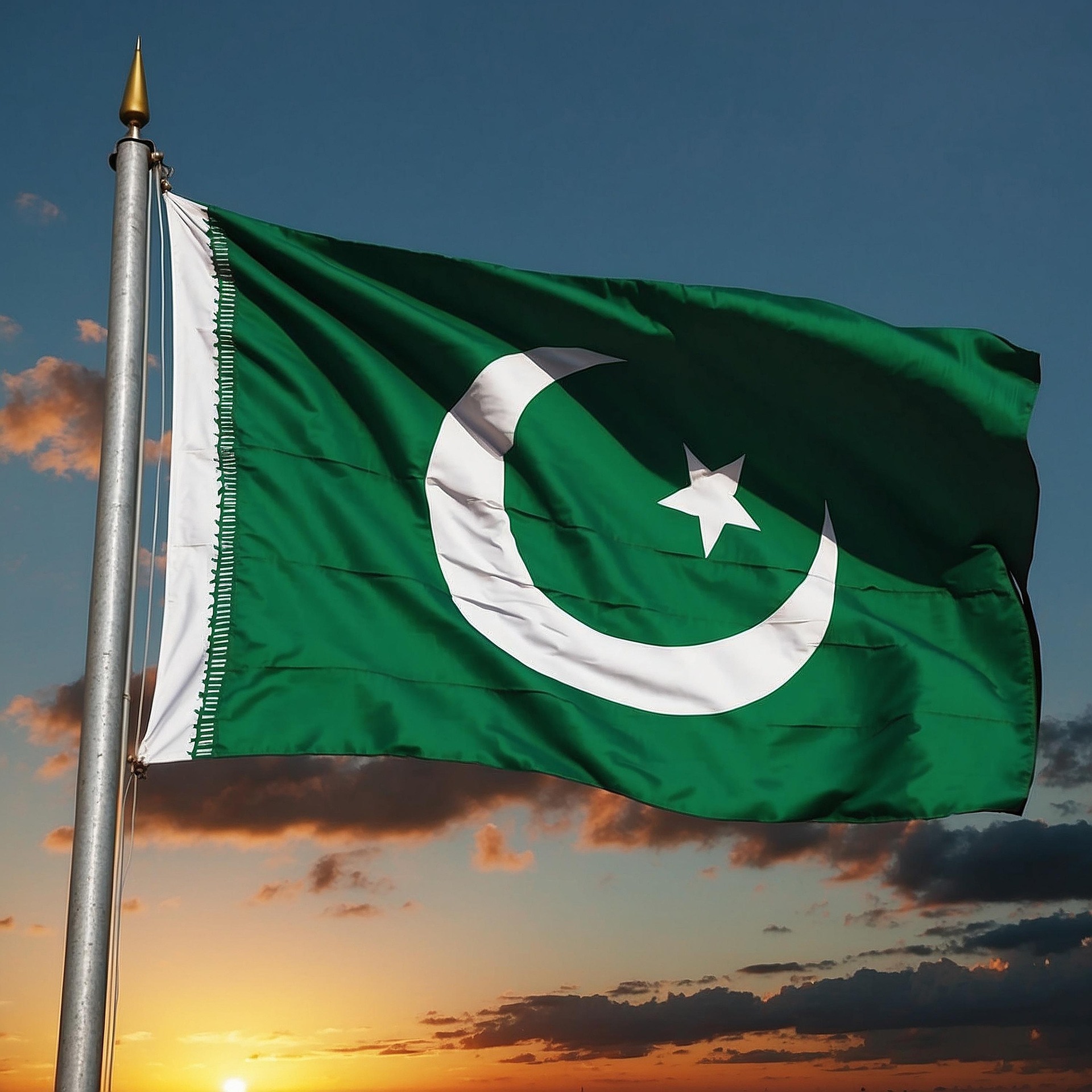Pakistan to Chair UN’s Taliban Sanctions Committee:Pakistan has been appointed as the chair of the United Nations Security Council’s 1988 Sanctions Committee, which oversees sanctions on the Taliban. The move has sparked debate due to Pakistan’s complex history with the militant group. Here’s a closer look at the implications.
Pakistan to Chair UN’s Taliban Sanctions Committee
In a significant development, Pakistan has been named the chair of the UN Security Council’s 1988 Sanctions Committee for 2025. This committee is responsible for monitoring and enforcing international sanctions against the Taliban, and the appointment has already stirred considerable international discussion.
According to the official list of committee leadership roles for 2025, Aamir Khan—Pakistan’s Permanent Representative to the United Nations—has been appointed as the chair. Reports citing diplomats indicate that Islamabad actively pursued this role during recent diplomatic engagements.
The appointment comes at a sensitive time, particularly given the increasing diplomatic activity in and around Afghanistan. With the Taliban still exerting significant control in the region, and with global powers struggling to formulate a cohesive approach to Afghan stability, this decision could have wide-ranging effects on the implementation of global counterterrorism measures.
However, Pakistan’s new role has also drawn criticism and skepticism from various quarters. Human rights organizations, regional analysts, and independent watchdog groups have long accused Pakistan of providing sanctuary and covert support to Taliban factions operating within and outside its borders. This complex and often controversial history raises concerns over whether Pakistan can act impartially and effectively in enforcing sanctions on the same groups it has been accused of sheltering.
In addition to this appointment, Pakistan will also serve as the Vice-Chair of the UN’s Counter-Terrorism Committee. This further elevates Islamabad’s role in global security and counterterrorism policymaking—another decision that is being watched closely by international observers given Pakistan’s contentious track record on terrorism-related issues.
While the appointment gives Pakistan a platform to demonstrate its commitment to international norms, the real test lies in how objectively it enforces the Taliban-related sanctions and contributes to broader counterterrorism goals. For now, the global community is watching—and waiting.
Disclaimer:
The information presented in this article is based on publicly available news reports, diplomatic sources, and expert commentary as of June 2025. The purpose of this content is to inform and provide context on a developing international issue involving Pakistan’s appointment to key roles within the United Nations Security Council.
This article does not intend to accuse, defame, or endorse any nation, organization, or individual. All viewpoints, allegations, and interpretations mentioned are attributed to publicly reported sources and do not reflect the personal or editorial opinion of this blog or its authors.
Readers are encouraged to consult official UN documents, government statements, and multiple credible news sources for a comprehensive understanding of the situation. International politics, especially those involving terrorism and security-related matters, are highly complex and sensitive. Opinions on these matters may vary widely across geopolitical and ideological lines.
This blog assumes no responsibility for any action taken based on the information presented herein.

